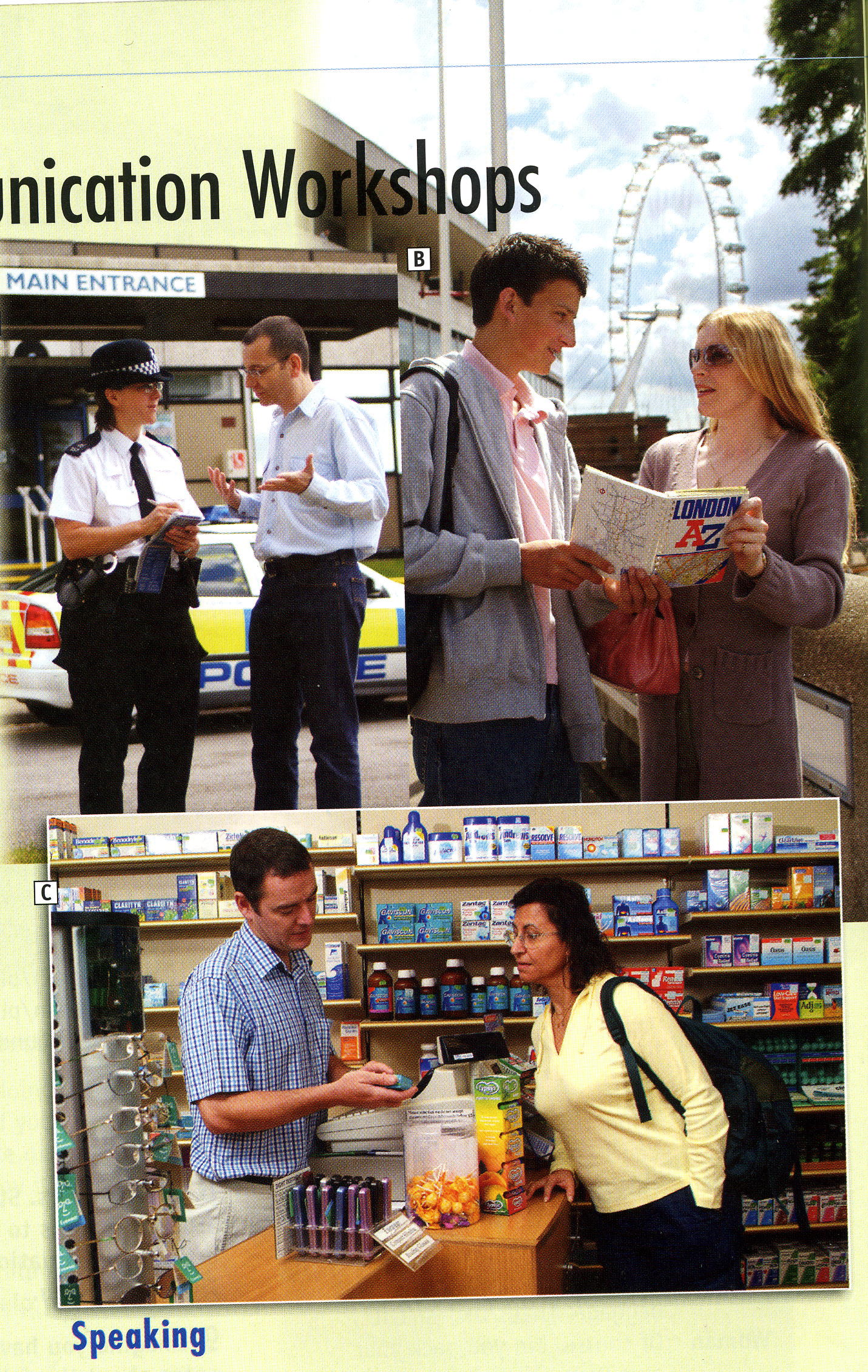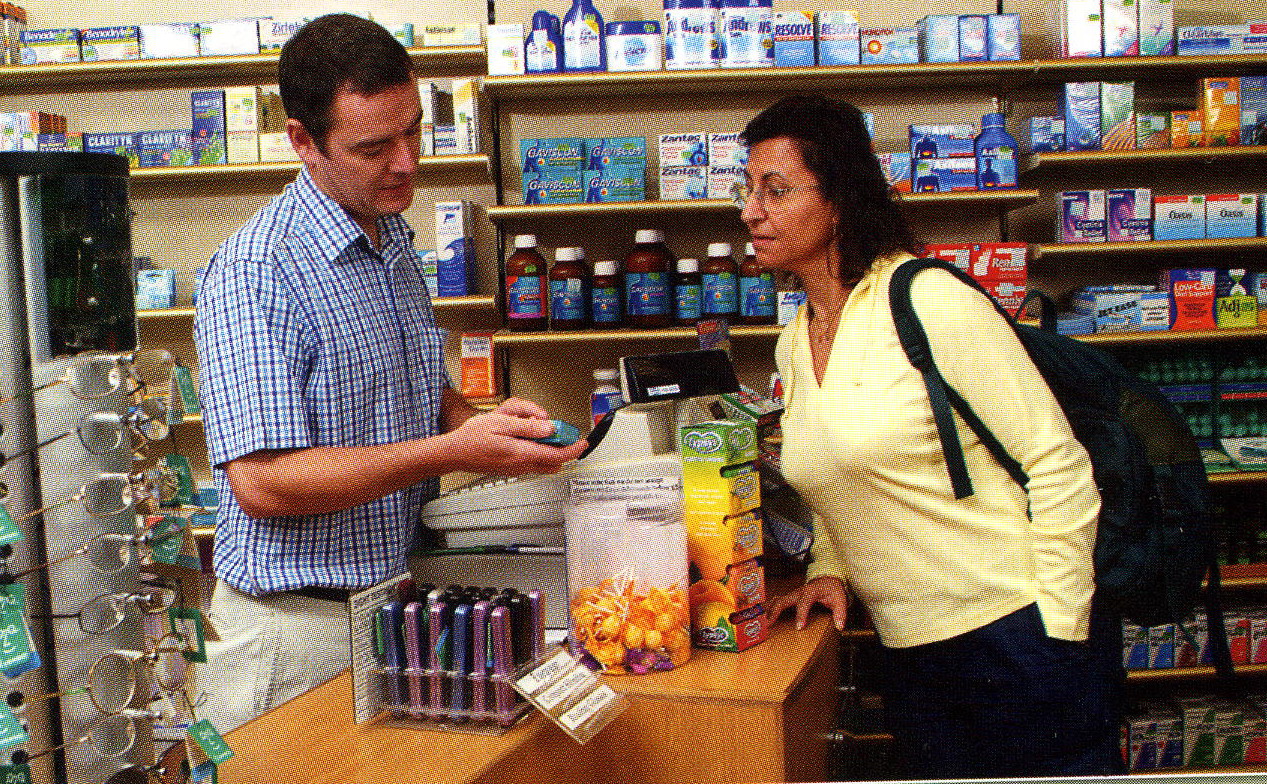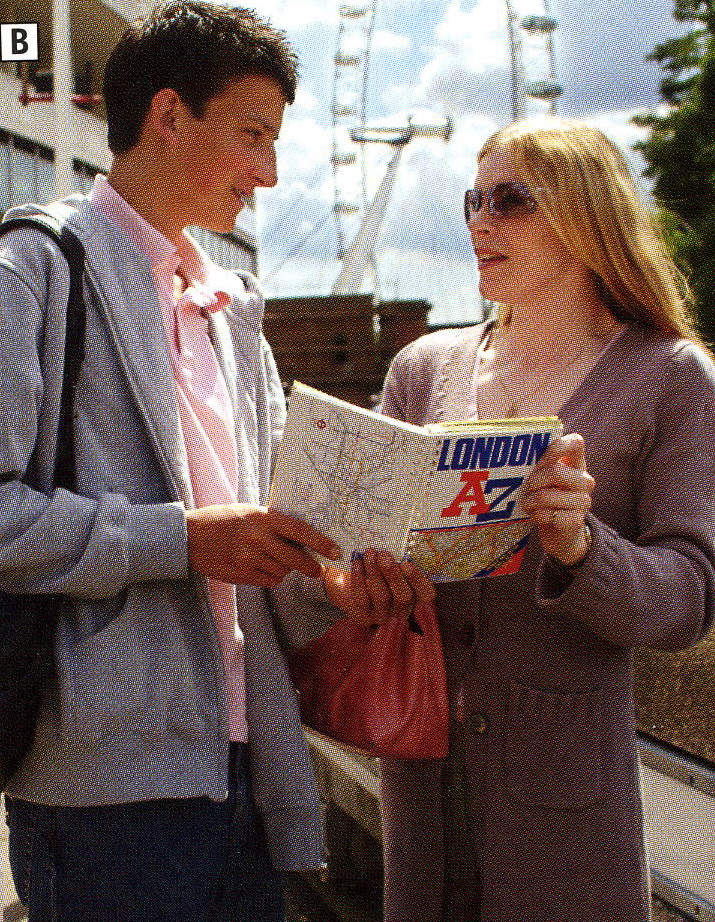Конспект урока для 9 класса "Travelling: for and against"
Урок английского языка в 9 «А» классе
Дата проведения: 22.02.2011 г.
Тема урока: «Travelling: for and against»
Образовательные цели:
Закрепление знаний по теме «Путешествие»
Развивающие цели:
Развитие умений употреблять слова и глаголы – связки;
Развитие навыков аудирования, диалогической и монологической речи;
Развитие умений корректно вести дискуссию, умения прийти к единому решению.
Воспитательные цели:
Воспитание культуры общения, положительной мотивации изучения английского языка.
Тип урока: урок - диспут
Оборудование и материалы: ТСО, УМК, фотографии, ватман, маркеры
Структура урока:
№
Этап урока
Содержание этапа
Время
Организационный момент
Приветствие, объяснение целей и задач урока
1 мин
Разминка, свободная беседа по теме
Диалогическая речь в формате Учитель – ученик – ученик…
7 мин
Групповая работа над проектом «за» и «против»
Предварительный этап работы над проектом
7 мин
Защита проектов учащихся
В форме полилога
7 мин
Аудирование
Выполнение заданий № 2,3 УМК «New Opportunities Intermediate» стр.40
5 мин
Заключительный этап проекта
Защита своей точки зрения с обязательным выходом на совместное решение, творческий диалог по теме
10 мин
Подведение итогов
Учитель подводит итоги урока, выставляет оценки
3 мин
Ход урока
Речь учителя
Речь учащихся
Организационный момент
Hello, dear boys and girls! How are you? Glad to see you. Sit down, please. So, let us start.
Разминка, свободная беседа по теме
Today our lesson is devoted to the theme «Travelling: for and against». But to start with lets define what travelling is. So who will answer?
Travelling is a process of moving from place to place.
Its an activity when a person can see other places and people.
Its the time when you can relax.
Its the most exciting moment in life.
Well, thank you. You see so many people, so many opinions. As a rule, the major people love travelling. Why?
They want to see other countries and continents, modern cities and ruins of ancient towns.
People travel to enjoy picturesque places or simply for a change of scene.
You know, its always interesting to discover new things, to see different ways of life, to meet different people, to try different food, and to listen to different musical rhythms.
Well, I see, there are a lot of pluses concerning travelling. By the way, some people are not crazy about travelling at all. Do you agree? Why?
They are lazy.
They are afraid of difficulties of moving from place to place.
Travelling is expensive.
They love their homes more than travelling.
Yes, you see, this is the point! As the proverb says, «So many people so many habits». And still, what about you? Who are you – a globe-trotter or a stay-at-home? What are your preferences?
I love travelling, its my passion.
I am keen on it.
I dont mind travelling.
It defends upon a lot of things: my parents, my plans and money, of course.
Well, its obvious, travelling is a very complex topic. Lets define what it is.
Групповая работа над проектом «за» и «против»
Well perform a project on this topic. You will be divided into two teams: one group will discuss «pluses» and another one will discuss «minuses» of travelling. By the way, will you name synonyms to the word «plus»?
A good point.
Advantage.
A positive item.
For.
Pro.
Great! Good for you! And what about «minus»?
A bad point.
Disadvantage.
A negative item.
Against.
Contra.
Brilliant! Now, please, take your places separately, I mean, pupils for «pros» - in this corner of the class, and pupils for «contras» - in this corner. You are given large sheets of paper, coloured pens and … your imagination! The task is as follows: during five minutes to write down as many «pros» and «contras» about travelling as possible. Please, put them in a column. Is everything clear?
Yes!
Учащиеся рассаживаются по группам и сообща работают над лексикой
Защита проектов учащихся в форме полилога
Учитель через 5 минут забирает листы ватмана у учащихся и прикрепляет их к доске. На доске: «Linkings: first, second, third, fourth, then, after that, next, so, thus, at last, finally, but, on the contrary, on the one hand, on the other hand, after all, to close it up, to conclude, to round it up, anyway, moreover».
Now, please, have a look at the blackboard, here there are linking phrases. What are they like? When do we use them?
To add some more information.
To contradict the previous fact.
To make a conclusion.
All of you are right. And the goal of yours is the next one – to defend your point of view on the topic using these linkings in the standard of a dialog. Clear? So begin.
P (+): First travelling is great because its a great opportunity to see the world. Second, its a kind of a rest.
P (-): But on the other hand, its not always comfortable to get ready for – packing things, booking tickets and suchlike.
P (+): But still its quite exciting – you imagine where youll be, what youll come across and so on.
P (+): Fourth, there are a lot of great spots on the globe – why not to suffer a bit bit for this?
P (-): I shouldn’t say, I agree. Im just a stay-at-home, and, on the contrary, I suffer when I leave. Besides, travelling is quite expensive.
P (+): I agree with you, but on the other hand, there are different kinds of transport to use. If you want to travel as quickly as possible – the plane is for you.
P (-): Oh, no, not for toffies! All those things like a boarding card, check-in, gates, an information desk, customs, passport control and what not!
P (+): In this way – take a car journey. You may stay wherever you want and observe surroundings. Besides, its quite cheap. Thus, if youre afraid of flying - its right for you!
P (-): But on the other hand, there are also a lot of disadvantages when going by car: accidents, air pollution, dangerous driving, delays, lack of motorways…
P (-): Plus, narrow roads, overcrowding, queues, roadworks, to say nothing of traffic jams…
Oh, children, I see, youve got a lot to speak on the topic. And still lets stick on the problems of travelling. What may happen to people on a move?
There are a lot of dangerous items like accidents, a cold, a headache, mugging.
Also there are thieves or bad cases when travellers lose their documents for example.
Аудирование с последующим выполнением заданий № 2, 3 УМК
So, what to do? How to survive at least? Let us listen to the tape and make the task.
Ситуация 1: в полицейском участке, украдены вещи на вокзале, просьба описать вора

Ситуация 2: женщина почувствовала себя плохо, обращается в вокзальный медпункт с просьбой помочь в выборе лекарства.

Ситуация 3: мужчина желает попасть в музей, спрашивает, как туда добраться.

Заключительный этап проекта. Защита своей точки зрения с выходом на совместное решение. Творческий диалог по теме
So, children, now you are aware of what to do if you have some trouble on a move.
OK. Its high time to round the theme of the discussion up and to come to the conclusion: what is bigger – a set of good points or one of bad points of travelling?
So, youre welcome to form a dialogue concerning to this point. I give you some minutes to revise everything and prove your opinion. Dont forget about linkings when answering!
Диалог «On a Move»
Hi, what are you doing on holyday?
What do you mean? What are you getting at?
Im speaking about our vacations. What about going somewhere?
Oh, no, Ive never been to any spots but for my native town, and, you see, Im so much afraid.
What are you about?
I mean the fear of flying, depth, far distances, to say nothing of claustrophobia.
So pessimistic you are. There are lots of vehicles now. As for me, I like to travel by ferry, hovercraft, yacht and once I went in a lorry.
Oh, yes, Ive been to many spots. My favorite place is Finland, the Fiord-land in particular. Lets go there. Theres a good way there by plane.
No, Ive flown a couple of times and each time I got nervous. The engine seemed to stop and I thought we were falling. Crazy!
But its actually normal. Besides, there are a lot of safe technologies, like emergency exit, life jacket, oxygen mask, and, of course, seat belts.
Oh no, its not for me!
All right. Then lets take another way. For example, by car. There is no depth, no height, only positive points. Imagine, you are driving a car and watching splendid landscapes. Moreover, you can stop where you want if you need.
Anyway, there is a lot of danger on a move: accidents, dangerous driving, narrow roads, long queues at petrol stations, to say nothing of air pollution and road robbering at last.
Oh, I see, you are really hard to move and too anxious. Well, lets take a train. You see, well take return tickets in a non-smoking van.
M-m…its comfortable and safer but on the other hand, its slower than a plane. Nevertheless, I accept it. Settled!
Подведение итогов урока
So, children, you see, there are both minuses and pluses about travelling. Tastes differ, you know. Still the aim has been achieved: youve discussed the problem and come to the conclusion. Thats the point! And, just to round it up, do you remember what Kipling told about travelling?
«He travels the fastest who travels alone»
Thank you, children, for your active work. Your marks for the lesson are… The lesson is over. Good-bay!
Good-bay, dear Tatiana Sergeevna!

Нравится материал? Поддержи автора!
Ещё документы из категории английский язык:
Чтобы скачать документ, порекомендуйте, пожалуйста, его своим друзьям в любой соц. сети.
После чего кнопка «СКАЧАТЬ» станет доступной!
Кнопочки находятся чуть ниже. Спасибо!
Кнопки:
Скачать документ